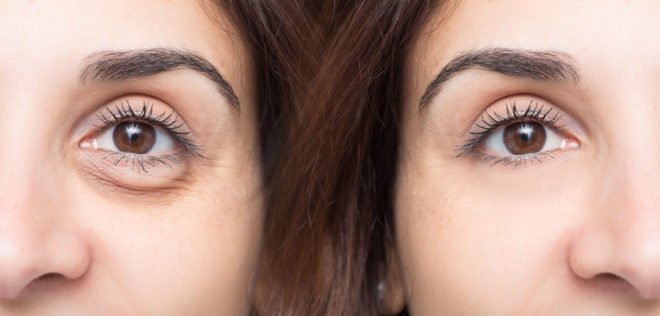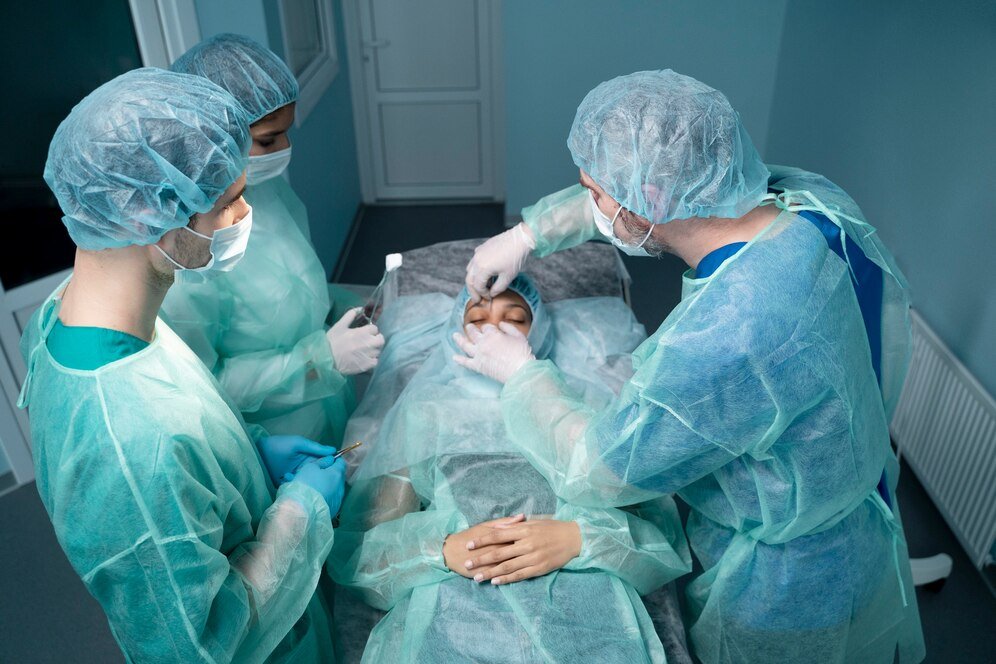
WHAT IS OCULOPLASTY?
Oculoplasty deals with a wide variety of diagnoses and treatment options for the problems related to Orbit (eye socket).
It also includes cosmetic corrections to augment beautiful features of the eye and face.
The following can be treated
- Ptosis (eyelid dropping over the eye)
- Entropion & Ectropion (eyelid folds)
- Thyroid eye disease (Graves disease)
- Cancer and growth
- Blocked tear ducts
- Injuries (damaged socket)
- Blepharoplasty
- Cosmetic corrections
- Eyelid lesions
- Eyelid retraction
- Facial fillers (Botox injection)
- Scar revision
- Orbital decomposition
- Orbital tumor
Who Needs an Ophthalmic Plastic Surgery?



Pre-Botox
Post-Botox


Are there any non-surgical options available for oculoplasty concerns?
Appointment Call
8806433400
- Botox shots
- injectable dermal fillers
- sclerosants
- steroids


These strategies can help mitigate risks and improve outcomes for patients undergoing OCULOPLASTY procedures.
* Preoperative Assessment: Evaluation of the patient’s medical history, including any conditions like diabetes, clotting disorders, or medication use, to anticipate and mitigate risks.
* Infection Control: Implement strict aseptic techniques and possibly prescribe prophylactic antibiotics, especially for high-risk patients.
* Bleeding Management: Ensuring proper control of bleeding during surgery and advising patients on the management of blood-thinning medications.
* Scar Management: With the help of meticulous surgical techniques, we can minimize scarring and offer options for revision surgery if necessary.
* Monitoring: Close postoperative monitoring for conditions like ectropion or entropion, with prompt intervention.
* Eye Health: Assessing the risk of dry eyes or excessive tearing with preoperative counseling and postoperative care to address these issues.
* Vision Changes: Patient education about the rare but serious possibility of vision changes and ensuring immediate attention if any visual disturbances occur post-surgery.
